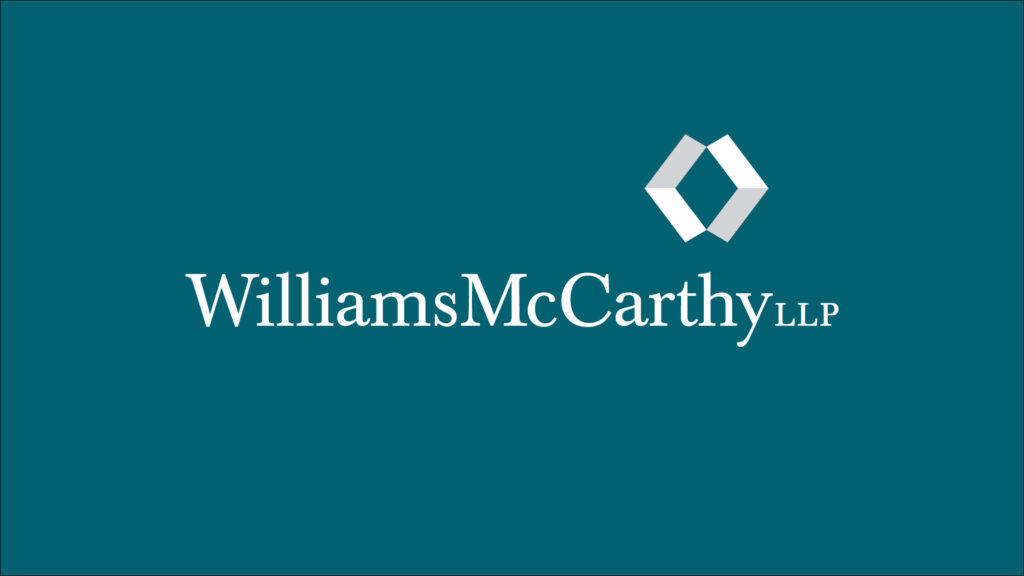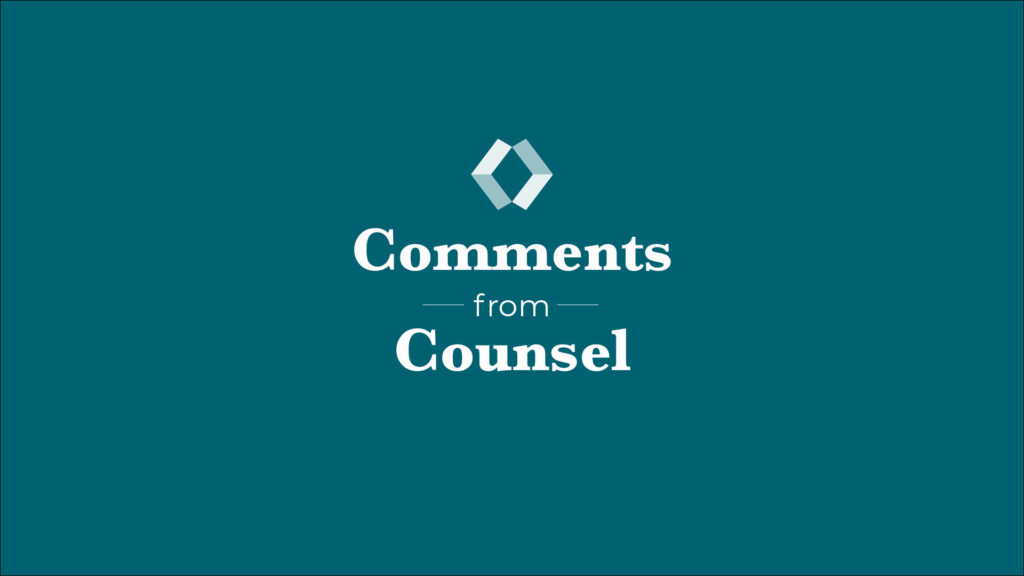The Illinois Equal Pay Act was passed in 2003 and is designed to ensure equal pay for men and women doing the same or substantially similar work, unless that difference is based upon a seniority system, a merit system, a system measuring earnings by quantity or quality of production, or factors other than gender. It also prohibits employers from paying African-American employees less than another employee who is not African-American for the same or substantially similar work.
On August 11, Gov. J.B. Pritzker signed HB3129, which requires employers with 15 or more employees to announce, post, publish or promote a job posting to include the pay scale and benefits in a job posting. The amendment goes into effect on January 1, 2025.
Here is what you need to know as an employer when HB3129 goes into effect.
Defining the pay scale and benefits
Pay and benefits disclosures should include the wage or salary (or range) as well as benefits which could include compensation in the form of bonuses or incentives. The pay range must be based on reality, meaning employers should consider the actual pay range for the position, the pay of others holding the same position, and even the amount budgeted for the position.
Covered positions
Pay scale and benefits disclosures apply for both in-state as well as remote or hybrid positions if the employee performs part of the job in Illinois or reports to supervisors or an office located in Illinois.
Meeting the requirement
Employers can meet this requirement by including the pay scale and benefits in the job posting or providing a hyperlink (assuming the posting is online) that takes a job candidate to a landing page with the required disclosures. Employers are responsible for making and preserving records that document the pay scale and benefits for a position.
Using a Third Party for Job Postings
If an employer uses a third party to handle its job postings, the employer must provide that third party with the pay scale and benefits to the third party, and that third party must include all such information required by the Act. If the third party fails to include the information, it is the third party that is liable for violation of the Act, unless it can show that the employer failed to provide the required information.
Penalties
The Illinois Department of Labor (IDOL) is charged with investigating complaints or violations and will issue notices of violations and applicable penalties. While the penalties and cure periods are at the discretion of IDOL, employers could incur fines ranging up to $500 for a first offense to $10,000 for a third or subsequent offence for active job postings.
Preparing for the new law
The law goes into effect January 1, 2025, giving employers time to understand and prepare for the new requirements. Additional states are expected to pass similar laws, so employers with multistate operations should pay close attention as the legislative requirements continue to evolve.

Troy Haggestad serves as President of WilliamsMcCarthy LLP and has spent his entire career assisting clients with significant employment matters exclusively on behalf of management. He can be reached at 815-987-8977 or thaggestad@wilmac.com.






